That very year, I believe it was spring, my father began to talk to me about Granada. He would do the same in the future, and he would keep me by his side for hours without ever looking at me or knowing if I was listening, understanding, or recognizing the people or places. He would sit up straight, his face brightening, his voice undulating, and his fatigue and anger fading. Within minutes or hours, he would become a storyteller. And he was not in Fez at that time, and certainly not within these walls fragrant with stench and mold, for he was traveling in his memory and returning only reluctantly.
A person is immersed in nostalgia… or is enveloped in nostalgia, it makes no difference… the matter is the same… both are an uprooting… as if it were the first uprooting of the soul from its cradle, from its habitat… from its homeland… and Granada, that perched on the walls of history… Amin Maalouf extracts its tragic images… wanders with them in the realm of dreams sometimes… and in the illusion of reality sometimes… those images of Granada are snatched by his imagination… enriching them, planting them with a thousand meanings and meanings… and he walks with the departing from the land of Granada like that as if he were departing from the world… he walks with that departing and fleeing with his religion far from those invaders who refused to leave Granada and its splendor… and refused to leave the Granadans their freedom… but even if they departed, these men still hang on the walls of their homes the keys to their homes in Granada… and in Every day, joys and customs return to their minds, especially a pride they will never know in exile. It’s as if Amin Maalouf carried their dream with them, their pain and sorrow, and traveled far with them on their journey. He was like Leo Africanus, picking a dream from hope, images from history, and a bouquet of imagination, depositing lines bearing the imprint of human destiny.
save
د.ا0.50Leo Africanus
د.ا12.00د.ا12.50
This novel narrates the fictional story of a Muslim traveler during a time of great transformations between East and West in the sixteenth century.
Available on backorder
| Author | |
|---|---|
| Year | |
| Publisher | Al-Farabi |
Customer Reviews
There are no reviews yet.
You may also like…
-
Ibn Battuta’s Travels entitled The Masterpiece of the Observers of the Marvelous Cities
د.ا9.50Ibn Battuta’s Travels is a detailed account of Ibn Battuta’s observations and travels throughout the world during the fourteenth century.
د.ا10.00 -
Ibn Jubayr’s Journey also known as the treatise I’tibar al-Nasik fi Dhikr al-Athar al-Karimah wa al-Manasik The Consideration of the Ascetic in Mentioning the Noble Traditions and Rituals
د.ا6.50This book describes Ibn Jubayr’s journey to the holy sites and his observations in the Hijaz during the twelfth century CE.
د.ا7.00 -
The Journey to Andalusia
د.ا6.00The book describes the author’s observations during his trip to Andalusia, documenting its Islamic monuments and cultural history.
د.ا6.50 -
Samarkand
د.ا12.00A historical novel that narrates the life of Omar Khayyam in a literary form that blends reality and myth.
د.ا12.50

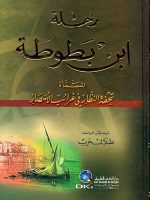
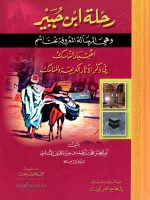
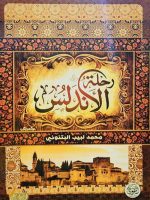

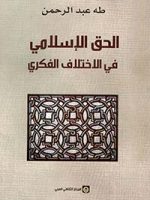
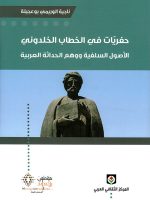

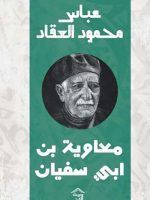
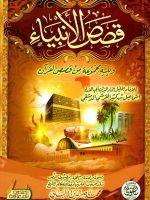



Be the first to review “Leo Africanus”